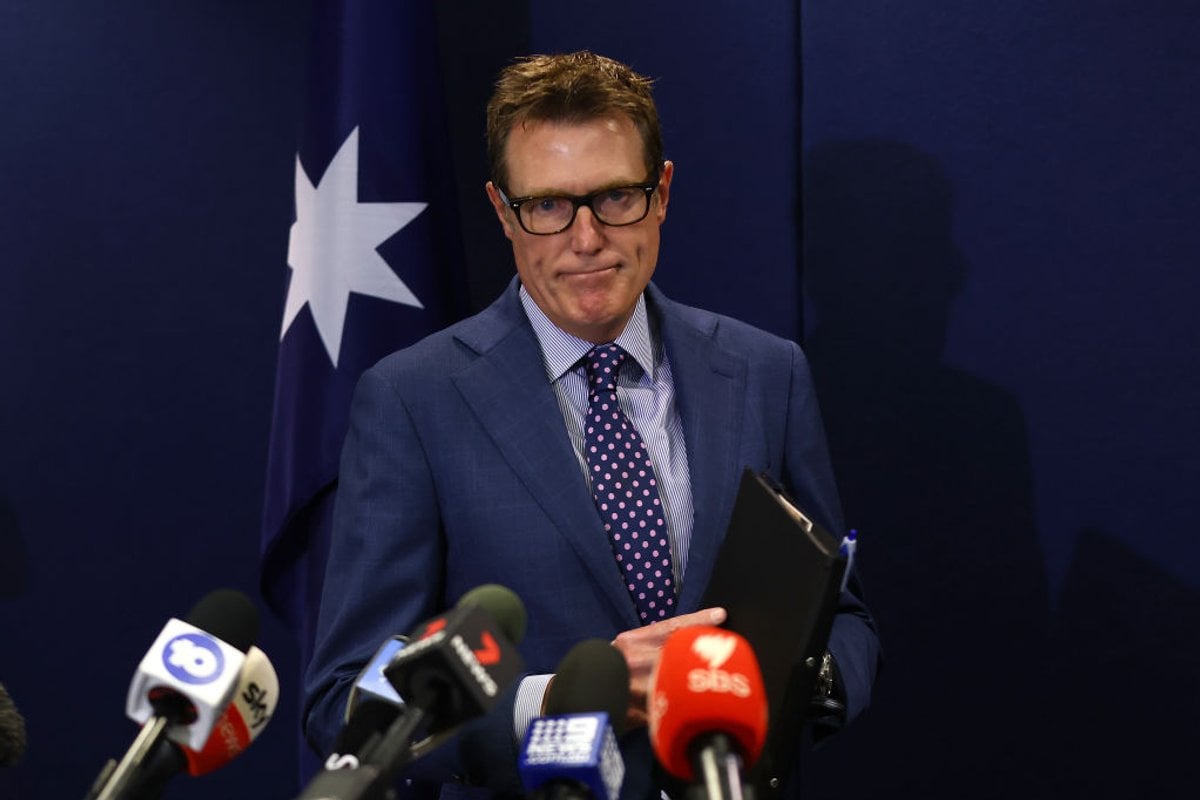
Denis Muller, The University of Melbourne
Aside from his strenuous denials of the rape allegation against him, the central point made by Attorney-General Christian Porter at his media conference was that he had been the victim of “trial by media”.
He warned if the media’s publication of allegations in these circumstances resulted in a public figure being forced from office, it would represent a new and unacceptable standard for public figures generally.
He also said no one in the media had confronted him with the allegation. And he said that when Prime Minister Scott Morrison discussed the matter with him last week, the document containing the allegation had already been sent to the Australian Federal Police, so he had not seen it on that occasion either.
These are important questions deserving of some scrutiny.
What constitutes a ‘trial by media’?
“Trial by media” is one of those phrases that trips off the tongue in cases where the media apply intense pressure on a person or organisation at the centre of an issue.
Trial by media occurs when either of two things happen. The first is where media coverage prejudices the outcome of legal processes, such as police investigations or trials in court. The second is when the media initiate an issue and then proceed to play prosecutor, judge and jury.
Neither applies in the Porter case.
As far as is known, there are no police investigations or legal proceedings on foot and there has been little prospect there would be, given the woman who made the allegations is now dead. The South Australian police are preparing a report for the coroner, an investigation that by definition is confined to the circumstances of the person’s death.

Top Comments